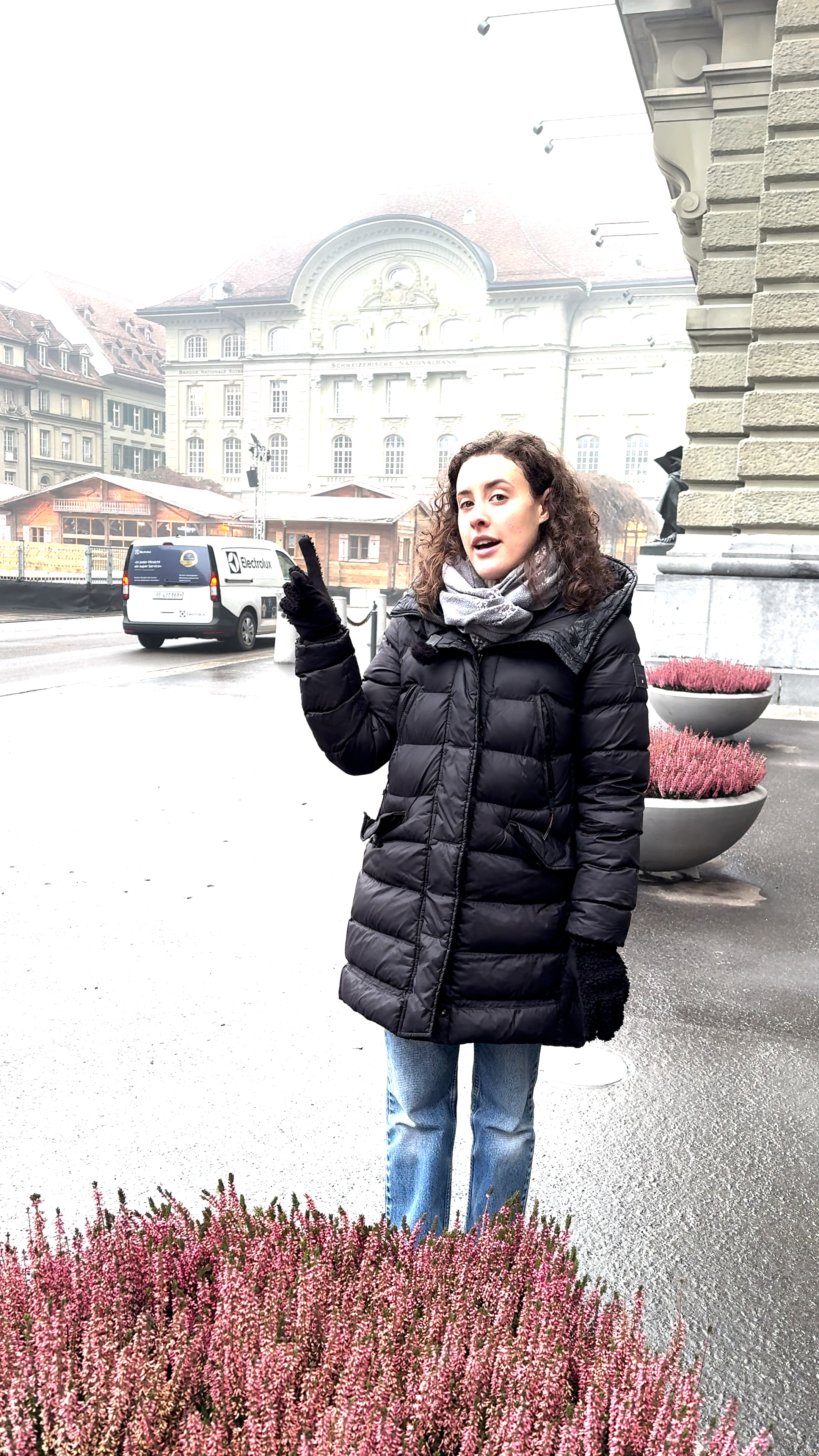
Swiss stock exchange and decentralised finance: a heavenly marriage?
The Swiss stock exchange is embracing cryptocurrencies, public blockchains and decentralised finance (Defi). Bitcoin trading on the national Börse? Certainly, and plenty of other crypto-assets besides. A strategic u-turn? Apparently not.
This is a leap forward from SIX Group’s original plan to create the SDX Digital Exchange to speed-trade digital versions of equities and bonds using R3 Corda distributed ledger technology (DLT). SDX hopes to get regulatory backing to start operating in the second half of this year.
R3 Corda is considered a safe version of the blockchain – a private, members-only, centrally-controlled DLT system. SDX now proposes tapping into the untamed areas of Defi that run on public blockchains – controlled by no single entity.
The apparent vision is to encode plug-ins to various public blockchains to allow SDX clients to transfer assets back and forth, perhaps packaged with a regulatory wrapper. “By the time we get into 2022 I would imagine that we would be able to ingest Ethereum based assets – list, trade, settle, take custody of those assets just as we do with R3 private blockchain assets,” says SDX boss Tim Grant.
It turns out that banks and asset managers are crying out for access to these innovations.
“In the last couple of years, and particularly in the last six months, there’s been an explosion of interest from institutional investors for these products and services,” Grant tells me. “They are becoming increasingly comfortable with public blockchains. They want access to these assets and that type of risk, but in a way that they are used to and are comfortable with. It’s incumbent on us to facilitate regulated, secure, trusted access to that world.”
This is the reason that SDX has joined the Enterprise Ethereum AllianceExternal link (EEA) – a group of well-known banks and companies exploring possibilities on the Ethereum blockchain. Grant is now a Director of EEA. The Ethereum blockchain has laid the foundations of decentralised finance and is still the dominant player in this growing sector.
SDX has faced its fair share of doubters and critics. Launched in 2018, it has been beset by delays and the departure of key executives, including Grant’s predecessor. It has also been accused of not being innovative enough. It’s very useful employing DLT to speed up the trading of equities and bonds – but the real financial revolution (staking, yield farming, decentralised lending) is happening on public blockchains.
The incumbent financial infrastructure cannot afford to sit back on its monopolies and wait. The new world of digital finance is already moving into its turf. Cryptocurrency exchanges Binance and FTX are allowing users to trade company shares – including household names such as Apple. A new breed of trading platform for digital assets is also popping up in Switzerland and elsewhere.
“We’re not going to be able to create all the assets in the world on SDX ourselves, that’s not a realistic view. Some will be created in other places and it’s important that we are able to make them accessible to our shareholders and to clients,” says Grant. “If our clients want to issue, list and trade structured products on, for example, the Tezos blockchain then that’s what we should be doing, with KYC (Know Your Customer) and AML (anti-money laundering) all buttoned up.”
This throws up some intriguing questions: Did SIX sell itself short with its original plan? Has its woken up late to smell the coffee, realising that the better prospects lie over the garden fence? And how do you marry a centralised, permissioned DLT system with decentralised public blockchains – which are notorious in their failure to interact with one another? The technological and regulatory challenges appear daunting.
Grant is defiant: “There is no change of strategy, this will have no effect on our regulatory license application, there’s no change in what we’re doing.”
And he is optimistic about the prospects of fusing traditional finance with the decentralised world.
“The 20th Century was dogged by walled gardens, these different systems that still don’t talk to each other very efficiently. That creates friction, it creates additional cost. We want to create a better future where all these different networks – public and private, crypto, non-crypto, regulated securities, non-regulated assets – can all operate together seamlessly. That’s when we will see new products, services and business models emerge.”

In compliance with the JTI standards
More: SWI swissinfo.ch certified by the Journalism Trust Initiative































Join the conversation!